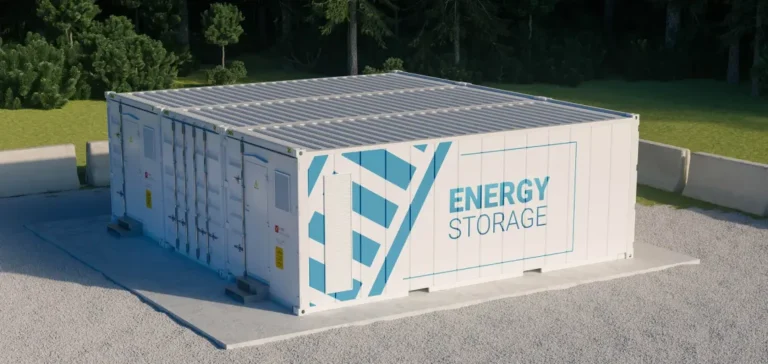Tulip Innovation has strengthened its portfolio protection strategy by obtaining a new injunction against Sunwoda Group as part of legal proceedings in Germany concerning electrode and battery separator technology. This judicial measure, issued by the seventh chamber of the Munich District Court, follows two previous injunctions already granted to Tulip Innovation in separate cases in Germany. The company acts as a licensing agent for a portfolio of over five thousand patents held by LG Energy Solution and Panasonic Energy.
Scope of the court’s decision
The latest decision targets Sunwoda Electronic, Sunwoda Mobility Energy Technology, and their German subsidiaries Sunwoda Europe and Sunwoda Electric Vehicle Battery Germany, all cited under European Patent EP 2 378 595 B1. The hearing took place in early July, and the court’s decision, delivered two weeks later, requires Sunwoda Group to halt the marketing and distribution of the disputed batteries. The remedies granted to Tulip Innovation also include the recall and destruction of all batteries in stock, the payment of damages for matters of principle, and an obligation to provide detailed accounting information to accurately assess losses.
Implications for the battery industry
The relevant patent concerns a specific configuration of electrodes and separators, essential elements for the safety and performance of lithium-ion batteries, particularly those used in certain electric vehicle models. The decision is enforceable immediately upon provision of a guarantee, but Sunwoda Group has initiated a nullity action against the patent, the outcome of which remains pending. The mentioned patent will remain in force at the latest until December 2029, raising significant issues for manufacturers seeking access to the European market.
Commitments and outlook for stakeholders
The management of Tulip Innovation has highlighted the importance of this decision for defending its portfolio, while not excluding the possibility of broader negotiations on the licensing of the patented technology. Legal representation for both Tulip Innovation and Sunwoda Group was provided by specialised firms, underlining the international and complex nature of the case. The dispute specifically covers batteries used in the Dacia Spring, but the scope of the patent extends to other industrial applications.
This succession of injunctions confirms the increasing attention given to intellectual property protection in the battery sector, where technological competition remains intense among international players.





















